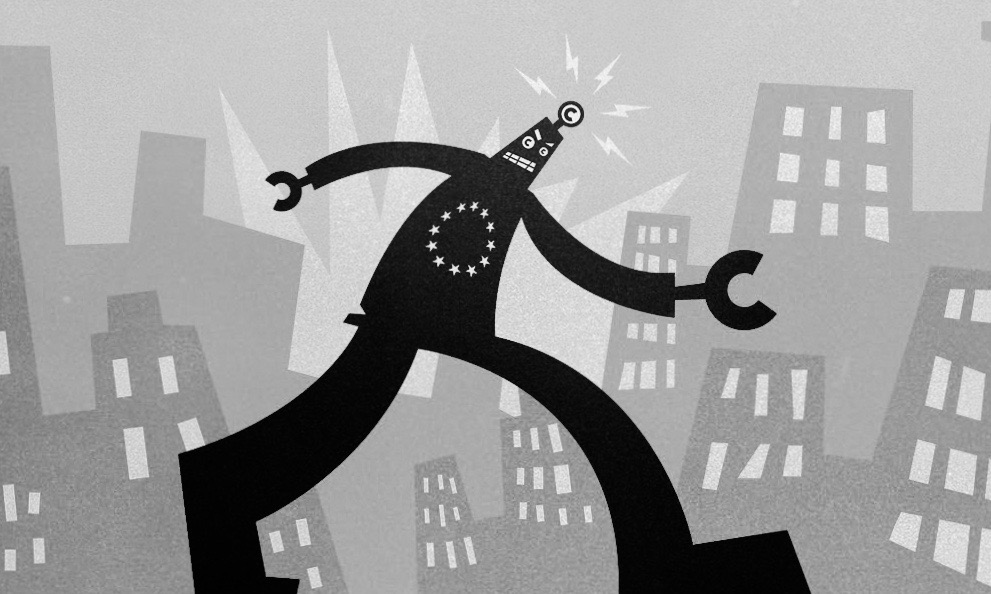Implementation of the Directive in the Netherlands
Recently, the Dutch government has released the proposal of the amendment of the copyright legislation (in Dutch), with which it intends to implement the Directive on copyright and related rights in the Digital Single Market. The public has now until 2 September 2019 to comment on the proposal. Opening the public consultation in the middle of the summer implies that the Dutch legislator wants to implement the Directive as fast as possible without giving the public a real possibility to be included in the debate.
The Dutch proposal in a nutshell:
– implementation of the extended collective licensing system into the national legislation,
– no changes to the public domain regulation since the government believes that the national legislation as already in line with Article 14,
– regarding the new related right for press publishers (Article 15), the proposal envisages a free reuse of a couple of words or very short fragments,
– the filtering obligation (Article 17) is especially prescribed for platforms such as YouTube and Facebook, whereas Wikipedia, GitHub and WhatsApp are explicitly excluded; the government explains that the quotation and parody exception remains untouched (how the technology will respect these two exception is another question).
The Dutch legislation intends to transpose the Directive without an in-depth public debate and mainly by simply copy-pasting the text of the Directive. The implementation in the Netherlands does not aim to bring meaningful improvement to the Directive, which results into very narrow exceptions.
The Grand Board of the European Union Intellectual Property Office (EUIPO) finally ruled that the figurative sign ‘COVIDIOT’ cannot be registered as an EU trademark.
The 4th Open Knowledge Day took place on Tuesday 17 October 2023, with an accompanying workshop on 18 October 2023. This year it was organised by the Open Data and Intellectual Property Institute (ODIPI) and supported by Knowledge Rights 21 (KR21).
We invite you to the fourth Open Knowledge Day and the workshop, which will take place this year within the framework of the programme and with the support of Knowledge Rights 21. The event will bring together experts from different European countries to discuss two topics: the first part will deal with the legal basis for data analytics, which is a key part of machine learning and related artificial intelligence, and the general exception for research. In the second part, open science in theory and practice will be presented both in Slovenia and in some Western Balkan countries. Representatives of research and educational institutions from Slovenia and the Western Balkan countries, as well as interested members of the public, are invited to attend.
Dr. Maja Bogataj Jančič, a renowned expert in copyright law, has joined the Berkman Klein Center for Internet & Society at Harvard University, where she will serve as an affiliate researcher for the next two years.





